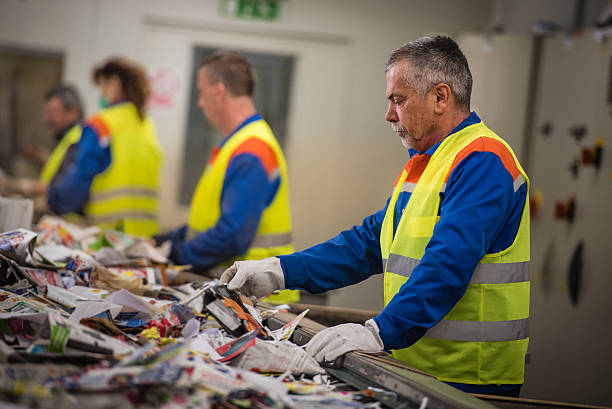Proper waste management is one of Malaysia’s key environmental priorities. As industries and communities grow, so does the need for an efficient system to handle waste collection and disposal. A well-organised waste management schedule in Malaysia ensures cities remain clean, resources are better conserved, and environmental impact is minimised.

Why a Waste Management Schedule Matters
Scheduled waste collection plays a vital role in maintaining order, cleanliness, and sustainability. When households and businesses follow a predictable waste removal timetable, they can plan their disposal efforts, avoid overflow, and contribute to national recycling targets.
From an environmental perspective, proper scheduling helps reduce illegal dumping and encourages responsible disposal. For industries, it prevents hazardous waste build-up, especially for sectors dealing with materials like metals, chemicals, or electronics
How Waste Schedules Work in Malaysia
Most local authorities across Malaysia organise residential waste collection two to three times per week. Municipal councils oversee general waste collection, while separate schedules may apply to recyclables, bulk waste, or garden refuse.
For commercial and industrial zones, waste collection often follows a stricter structure. Large manufacturers may coordinate directly with licensed contractors who manage collections based on production output and material type.
In certain urban areas, government-approved concessionaires manage the waste process, while in more rural districts, scheduling varies based on manpower and funding availability.
Challenges in Current Waste Scheduling
Despite government efforts, inconsistencies remain. Not all municipalities enforce their waste schedules uniformly. Public awareness about collection days or what constitutes recyclable waste is still low in some regions. Industries producing large volumes of waste also face difficulties in syncing disposal with production cycles, often due to limited access to reliable waste partners.
Moreover, the growing complexity of modern waste (including e-waste and metal scraps) requires more specialised handling than basic municipal services can offer.
Hydro Metal’s Role in Supporting Smarter Waste Planning
At Hydro Metal, we understand that one-size-fits-all waste scheduling does not work for everyone, especially in industries with high-volume or high-risk waste. That’s why we provide tailored solutions that align with each client’s output patterns and regulatory requirements.
Our team works directly with factories, manufacturers, and logistics operators to:
- Offer scheduled metal scrap collection
- Ensure regulatory compliance for hazardous material handling
- Provide environmentally responsible recycling and recovery services
By working within Malaysia’s broader waste management schedule, we help bridge the gap between local council efforts and industrial waste realities, ensuring smarter, cleaner outcomes.
Conclusion
A clear, enforceable waste schedule supports Malaysia’s vision of a greener, more sustainable future. While local councils handle residential collection, businesses must take initiative by partnering with specialists who understand their waste streams.
Hydro Metal empowers companies to meet their waste obligations through structured pick-ups, responsible processing, and full traceability, because effective waste management isn’t just about disposal. It’s about accountability.
Contact Hydro Metal today to schedule your industrial waste consultation and build a cleaner tomorrow.









